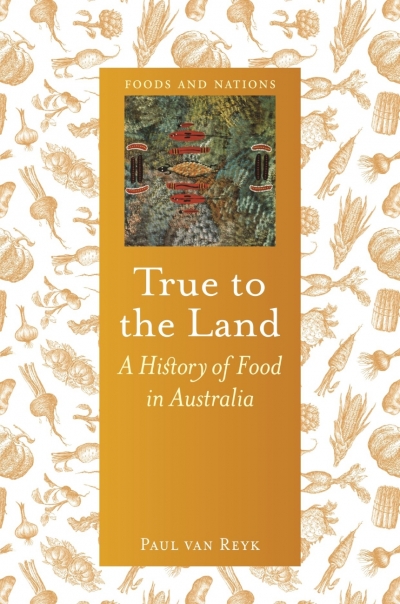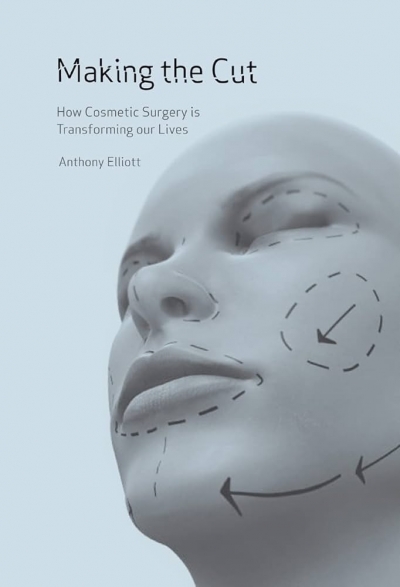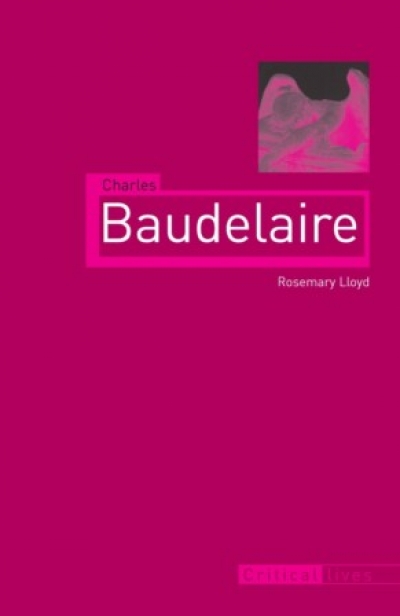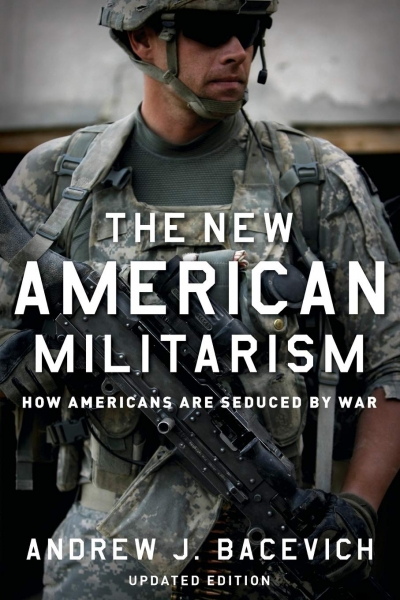Reaktion Books
True to the Land: A history of food in Australia by Paul van Reyk
by Gay Bilson •
Susan Sontag by Daniel Schreiber, trans. David Dollenmayer. & Susan Sontag by Jerome Boyd Maunsell
by Andrea Goldsmith •
Making the Cut by Anthony Elliott & Skintight by Meredith Jones
by Katie Wright •
The New American Militarism by Andrew J. Bacevich & Unintended Consequences by Kenneth J. Hagan and Ian J. Bickerton
by Richard Broinowski •





